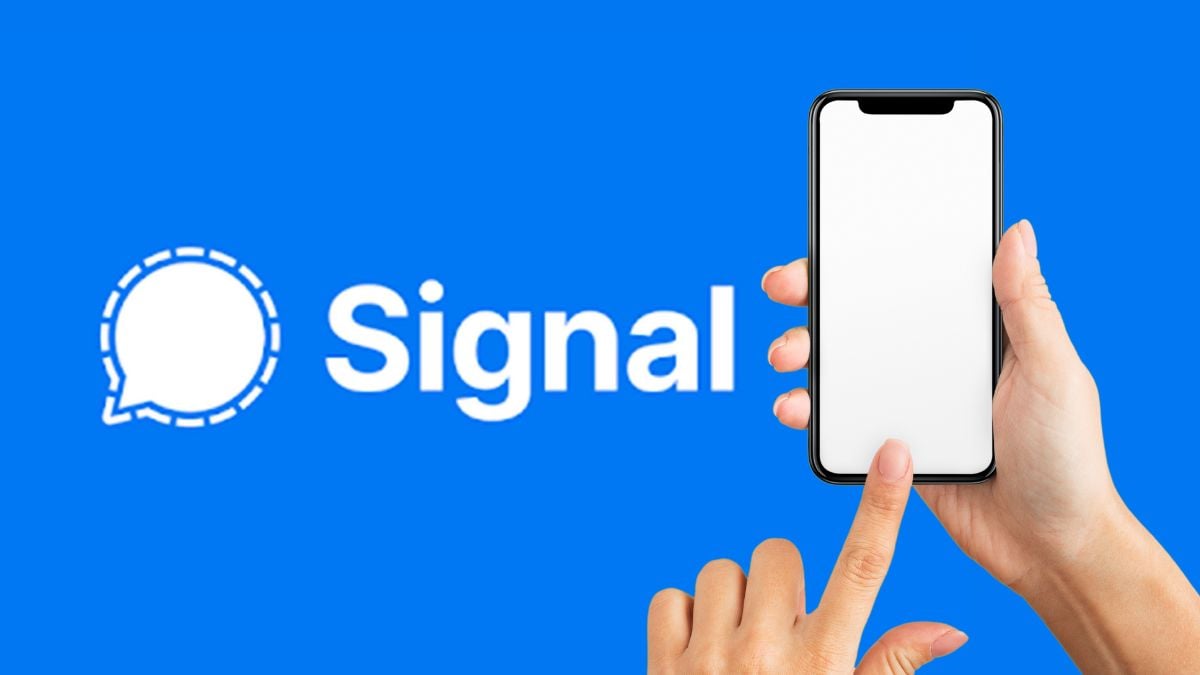
Who owns the Signal app? Is it better than WhatsApp? What we know
- 25.03.2025 18:39
- merca20.com
- Keywords: Signal App, WhatsApp
Signal app is owned by a nonprofit foundation co-founded by Brian Acton and Moxie Marlinspike. Known for its strong encryption, it's considered more secure than WhatsApp but raises transparency concerns in government use.